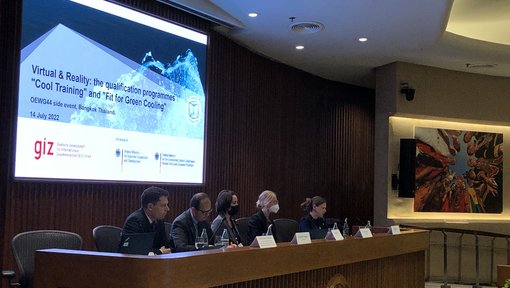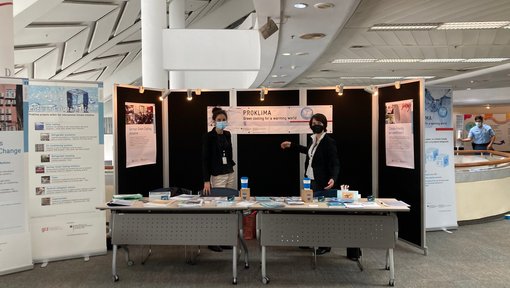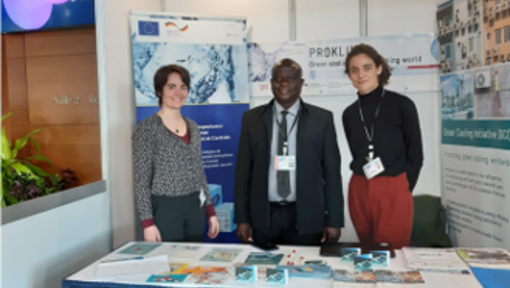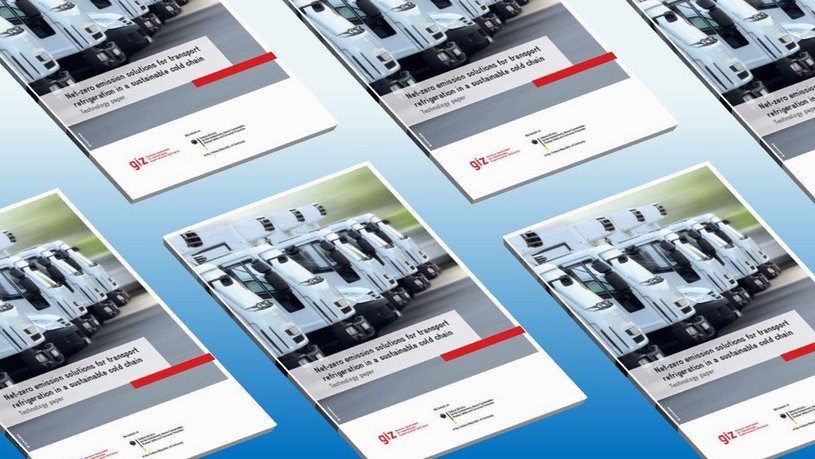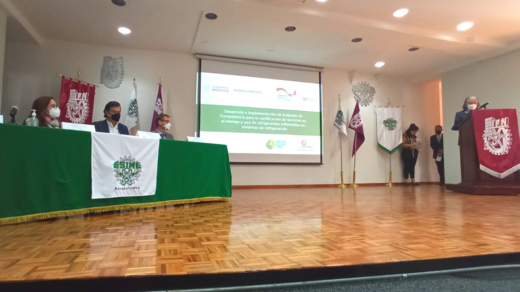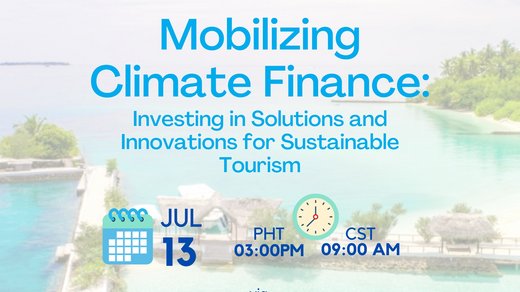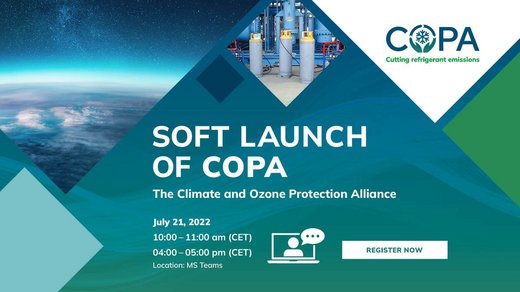This technology paper explores the climate impact of transport refrigeration units and the path towards net- zero transport refrigeration.
Transport refrigeration is an integral part of the cold chain and critical for sustainable and climate-resilient development. It contributes towards alleviating malnutrition through avoiding major losses of harvested food and providing services for healthcare and pharmaceutical supply.
The journey towards net zero transport refrigeration requires a comprehensive set of policy and financial measures as well as support of technical development. However, there are steps that can be implemented relatively easily on many different levels in order to reduce emissions in the transport refrigeration sector.
The paper estimates the climate impact of transport refrigeration units (TRU) on a global level, anlyses technical developments and lists policy and financing options that will support the introduction of zero carbon technologies. Each chapter contains specific action steps regarding the roadmap towards net zero emissions in transport refrigeration. Together, these build a comprehensive set of measures for reaching a zero carbon target in 2050.

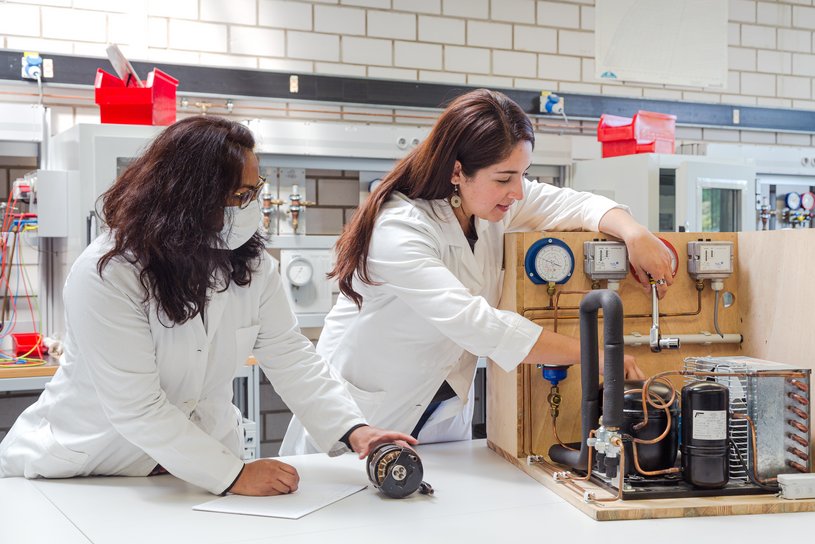 Image: giz / Andreas Döring
Image: giz / Andreas Döring